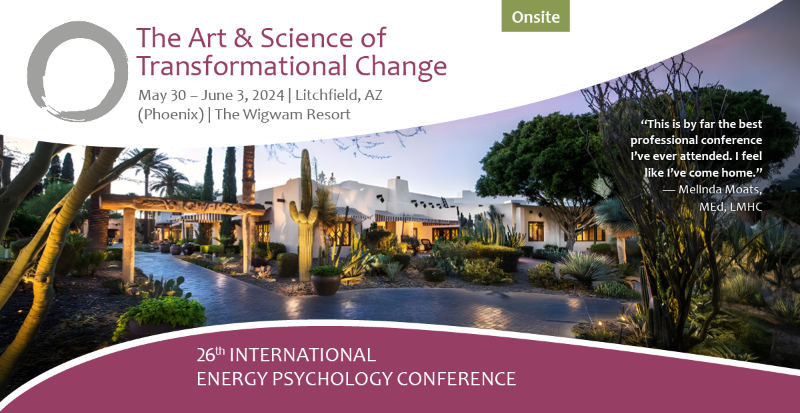Russell Kramer, the new author of Hocus Focus: Coming of Age With ADD and Its Medicines, interviews me on his podcast, Visitors at the Temple, about my experiences with using Zoloft and withdrawal from it.
It was an honor for me to write the forward for his insightful and courageous book. In this podcast, we share intimate details about how the use of psychiatric medication influenced and changed us. Also, we reflect on life's unexpected turns and discuss our creative aspirations.
Read below for a summary of what we discussed and click here to see the video on YouTube or listen to the podcast episode.
Have a super week!
Click here for the podcast on YouTube: Zoloft and I: Conversation on Medication, Withdrawal, and Life
Click here for the podcast on Spotify: Quitting Zoloft and Becoming a Holistic Psychiatrist with Dr. Alice Lee
Zoloft and I:
Conversation on Medication, Withdrawal, and Life
Interview with Author Russell Kramer
Generally, I don't like to open up and share intimate details about my experiences and perspectives. Psychiatric training taught me to be extremely private. But in this podcast, through Russell Kramer's questions and a cordial, relaxed setting, I reveal one of the most challenging times in my life.
A time that I've joked about as "my year-long near-death experience--without the light at the end of the tunnel." A time when my life disintegrated and needed reintegration for me to survive. A time that profoundly altered the trajectory and focus of my life for my good.
Winner 2023 Natural Landscape Photography Awards
Third Place: Joshua Cripps
Although I was just taking 25 mg of Zoloft, my five years on this medication made withdrawal extremely difficult. From 1996-1997, I tried to stop Zoloft several times and felt crippling withdrawal symptoms--fuming rage, abysmal depression, and suicidal ruminations. My intense suffering shocked me with its appearance and disappearance each time I stopped or resumed Zoloft.
Why was I shocked? I had gone through four years of biology in college, four years of medical school, four years of adult psychiatry residency, and two years of Child and Adolescent fellowship training, and I still didn't have a clue about psychiatric medication withdrawal.
Why? Because psychiatry has a problem with denial. It claims that psychiatric medication withdrawal is generally mild, easy to resolve, and requires no additional skills to navigate. Without taking an honest look at this problem, psychiatry often lumps withdrawal symptoms with underlying psychiatric disorders. By doing so, psychiatrists can continue to dispense psychiatric medications with impunity, oblivious to the long-term consequences of physiological dependency.
Of course, it's impossible to tell the two apart unless a patient demonstrates the difference between a successful vs. unsuccessful medication withdrawal. When people withdraw from their medications effectively, however, it's easier to differentiate between withdrawal, relapse, and resolution.
The Nature Conservancy Photo Contest Winners
Honorable Mention: Gianluca Gianferrari, Italy
Flooding of the Po River
Russell and I opened up about how withdrawal affected us and how we handled it. We share how we transformed our challenges into growth and healing for ourselves and others.
In addition, we talk about life and where we want to go from where we are. I mention my favorite book about a seagull and quote some well-worn wisdom from Joseph Campbell. He shared why he enjoyed reading Don Quixote by Cervantes and Moby-Dick by Melville.
During the podcast, I said that sometimes we read books before we can understand or appreciate their meaning because we are too young and naive. Later, when we revisit those books, we discover their true meaning and worth.
Life itself is often like that as well. When we review events from our past, we come to a greater realization and appreciation of their meaning and worth. I hope that you will check out our podcast and enjoy our authentic conversation.
Have a lovely week!
ACEP scholarships are currently available!!! Please take advantage of this opportunity if you need it. Click this link to apply.
ACEP scholarships will be awarded to the following populations:
Researchers
Students
Members of diverse populations
Applications must be received by March 15.
Awards will be granted by March 29.
Conference early bird pricing ends on April 8.
See below for more information that I've posted in the past two weeks:
I'll be one of the presenters at the 26th International Energy Psychology Conference, the Art & Science of Transformational Change and will be teaching a learning lab on Empower Energy Technique, which I routinely use to help my patients heal emotionally and physically. I hope you'll come and join me at the conference!
The ACEP conference is coming up May 30-June 2, 2024 at The Wigwam Resort, Litchfield, AZ (Phoenix). I believe it's the best energy healing conference available in the country. Hundreds of people attend each year and the vibe is intellectually stimulating and profoundly positive. Registering now can get super early bird pricing with savings of up to $300.00. This special discount ends on March 4.



